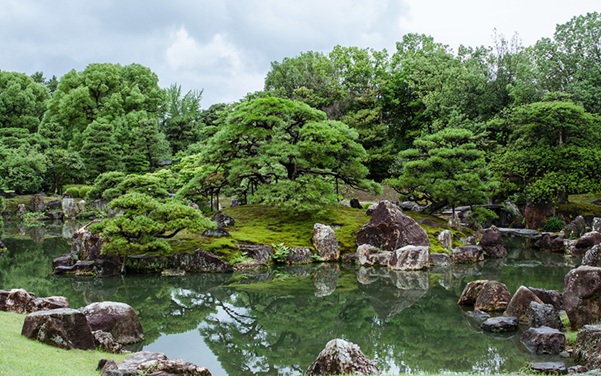In a busy city like Singapore, carving out a peaceful sanctuary at home can feel like a luxury. Yet, one way to achieve this sense of calm is through the creation of a Zen garden. Rooted in Japanese traditions, these gardens are designed to foster reflection and mindfulness. Whether you have a spacious backyard or a modest courtyard, thoughtful planning and the right landscape services can transform any space into a haven of tranquillity.
Understanding The Purpose Of A Zen Garden
Zen gardens, or karesansui, are dry landscape gardens characterised by raked gravel, rocks, and minimal vegetation. They are intended not for utility, but for meditation and contemplation. Unlike typical garden designs that focus on blooms and vibrant colours, Zen gardens embrace simplicity, harmony, and asymmetry. Every element is chosen with purpose—whether it’s a smooth stone placed to represent a mountain or gravel lines suggesting flowing water.
In Singapore, where land space is precious, Zen gardens can be scaled to fit balconies or small yards. With the help of experienced professionals from a florist, even a compact outdoor area can become a serene escape from city life.
Planning The Space With Intention
Before setting up your Zen garden, assess the available area and visualise how you want the space to feel. Zen gardens are all about balance and minimalism, so less is often more. The key elements usually include gravel or sand, rocks, and sparse greenery such as moss, dwarf pine, or bamboo.
Decide where each element will be placed to reflect natural scenery. Gravel represents water and should be raked in wave-like patterns. Rocks represent islands or mountains and are positioned in odd numbers to maintain visual interest. Introducing plants is optional, but if done, they should be low-maintenance and not overpowering.
Good landscape design ensures that each component is integrated in a way that promotes visual flow and emotional calm. In Singapore’s humid climate, selecting weather-resistant materials and native plants can help maintain the garden’s longevity.
Choosing The Right Materials
Your Zen garden should be made up of natural and muted materials that promote peace and simplicity. White or light-coloured gravel is ideal as it reflects light and adds to the garden’s clean look. When choosing rocks, go for a variety of sizes, but ensure they complement each other in texture and tone. Driftwood or stone lanterns can also be added sparingly to enhance the aesthetic.
If you’re installing a garden in a space with limited drainage, consider raised platforms or shallow containers. Reliable landscape services providers can guide you on how to construct a base that allows for easy raking and maintenance.
Incorporating Movement And Flow
Despite their still appearance, Zen gardens are dynamic in concept. The raking of gravel into patterns represents movement and energy. Patterns can mimic waves, ripples, or circles—each symbolising different aspects of nature. This daily or weekly raking is a meditative act, helping to clear the mind and restore focus.
You can also introduce a stone pathway or stepping stones to invite a gentle sense of direction through the garden. Keep the lines soft and organic. Singapore’s tropical weather may also lend itself to incorporating water features, though these should remain understated and in line with the overall minimalist approach.
Maintenance And Longevity
Zen gardens are surprisingly easy to maintain. Since they do not rely heavily on live plants, there’s no need for frequent watering or pruning. The most regular task is the raking of gravel, which can be both a functional and meditative practice. Occasionally, stones may shift due to rain or wind, but their repositioning can be part of the contemplative process.
Hiring a professional skilled in landscape design can help in sourcing the most appropriate materials and in laying out a design that matches your space and intention. Maintenance services are also available for those who prefer to keep the garden pristine without the hassle.
The Benefits Of Creating Your Own Zen Space
Aside from aesthetic value, a Zen garden brings numerous mental and emotional benefits. In a fast-paced environment like Singapore, having a designated space for quiet reflection can reduce stress and improve focus. It encourages you to slow down, breathe deeply, and reconnect with the present moment.
Moreover, if you work from home or live in a high-density area, a personal Zen garden offers a visual and emotional break from screens and concrete views. Engaging with the garden—even in small tasks like adjusting rocks or raking sand—can become a daily ritual that brings peace and grounding.
Conclusion
A Zen garden is not just a design feature—it’s a philosophy translated into outdoor space. With mindful planning and support from professionals in landscape services, you can create a personal sanctuary that enriches your everyday life. Whether you are drawn to the simplicity of the layout or the calm it instils, a Zen garden is a timeless investment in well-being.
Contact JM Flower today to consult with experts in landscape design and begin building your very own pocket of serenity in Singapore.

